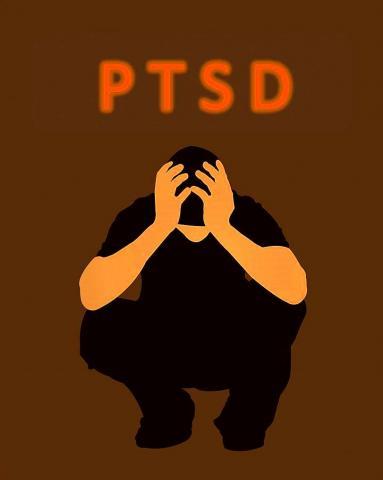Introduction
Sometimes, after particularly traumatic experiences, an individual can experience Post Traumatic Stress Disorder, or PTSD. PTSD most often occurs after a terrifying event where physical harm occurred or was threatened. These events can include assaults, rape, accidents, military combat, fires, or other disasters. PTSD can occur in the person who was involved in the incident, or a close friend, family member or relative of the person who was involved. If you think you or someone you know is suffering from Post Traumatic Stress Disorder, or even if you or someone you know is having difficulty with a traumatic event (and perhaps it is not PTSD) it is worth talking to someone about, or accessing your resources for. You are worth making sure you or someone you care about is getting the help they may need.
Identifying PTSD
Post Traumatic Stress Disorder can include:
- Frightening thoughts and memories of their ordeal
- Emotional detachment, often noticed by friends and family members
- Difficulty sleeping, or sleeping too much
- Feeling irritable and easily startled
- Feeling uncomfortable in previously comfortable environments
What if this sounds like me?
PTSD: A Personal Story
“I was raped when I was 25 years old. For a long time, I spoke about the rape as though it was something that happened to someone else. I was very aware that it had happened to me, but there was just no feeling.”
“Then I started having flashbacks. They kind of came over me like a splash of water. I would be terrified. Suddenly I was reliving the rape. Every instant was startling. I wasn’t aware of anything around me, I was in a bubble, just kind of floating. And it was scary. Having a flashback can wring you out.”
“The rape happened the week before Thanksgiving, and I can’t believe the anxiety and fear I feel every year around the anniversary date. It’s as though I’ve seen a werewolf. I can’t relax, can’t sleep, don’t want to be with anyone. I wonder whether I’ll ever be free of this terrible problem.”
From NIMH: Post-Traumatic Stress Disorder
When to Get Help
If you feel trapped, behind in your school work, stuck, and you want more information see or just to talk to someone about how to help yourself or a friend, Campus Specific Resources lets you know about live person resources in your area.
You are not alone, we are here to help!

